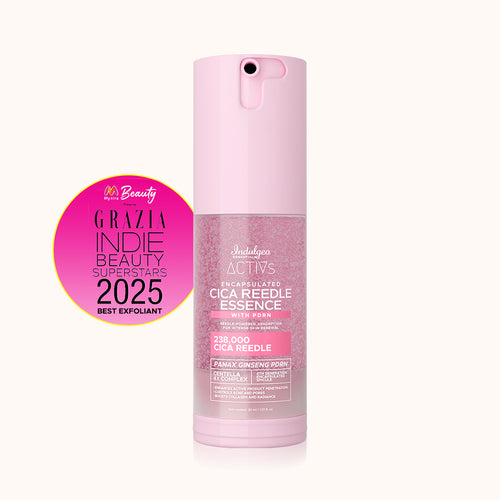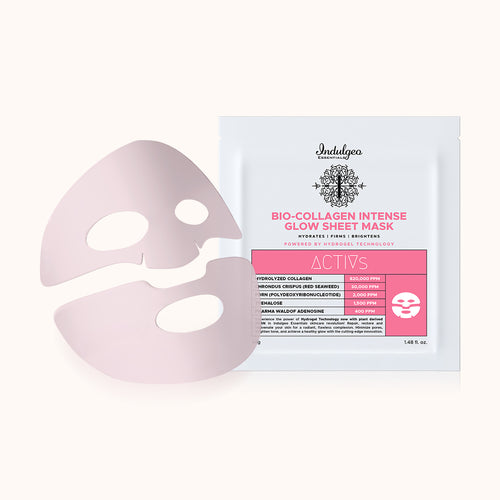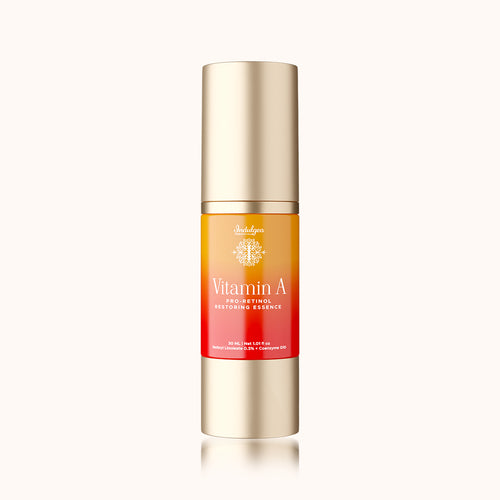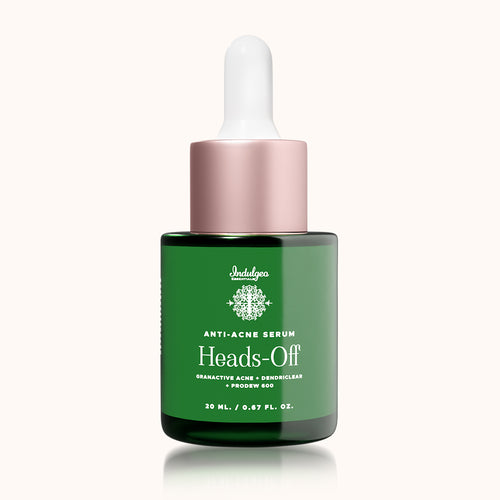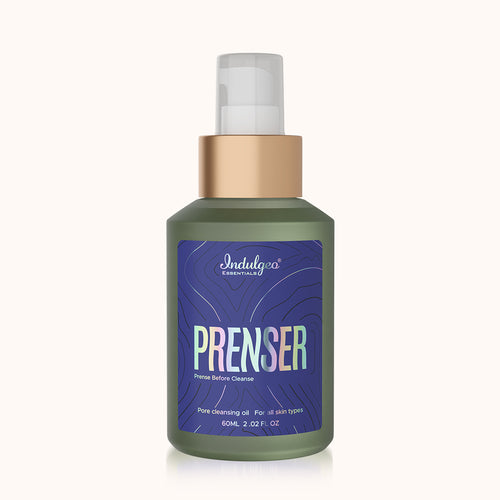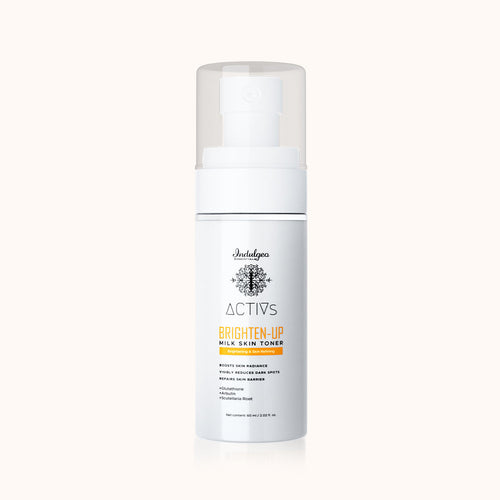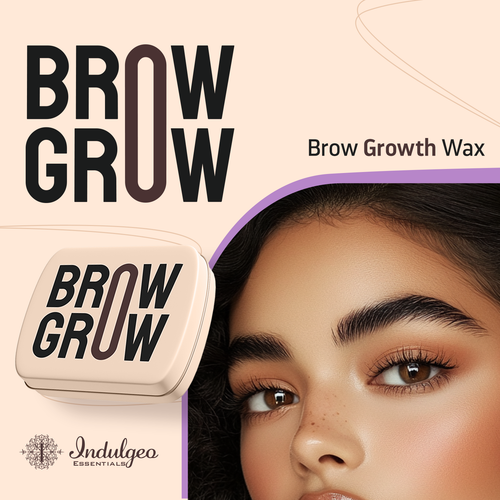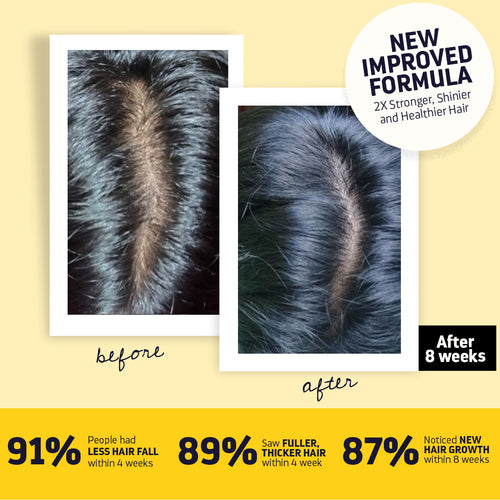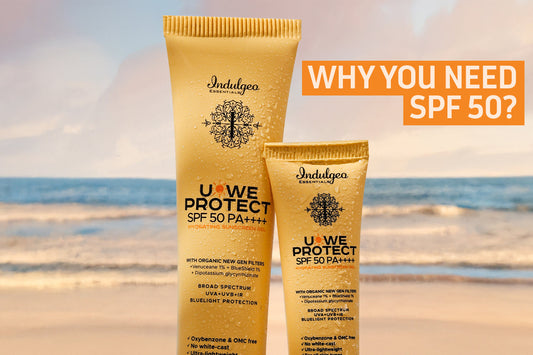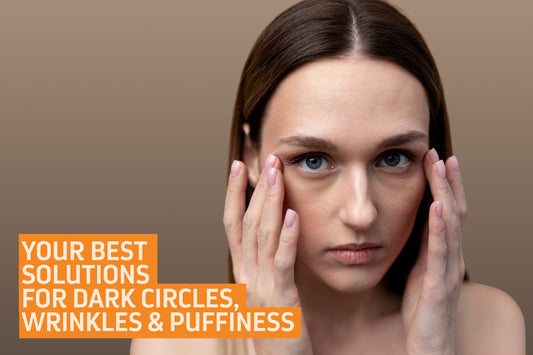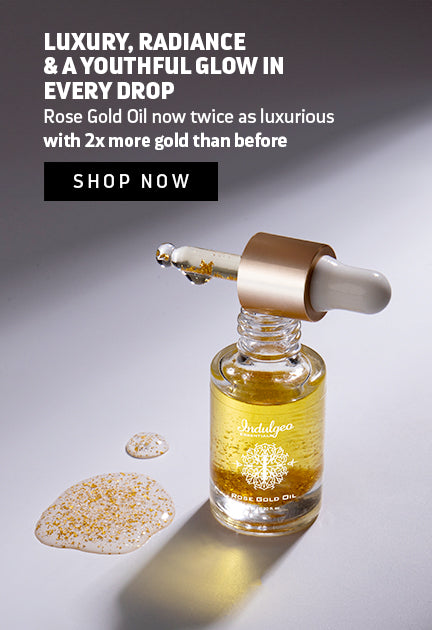
Is deep conditioner really necessary?
While not strictly necessary for everyone, deep conditioner can be incredibly beneficial for maintaining healthy hair, especially for dry, damaged, or color-treated strands. Deep conditioners provide intense hydration, repair damage, and restore elasticity, making them essential for hair types that experience a lot of stress or environmental damage. If your hair feels dry, brittle, or lacks shine, incorporating a deep conditioner into your routine once a week can help. However, if your hair is naturally healthy and well-moisturized, you may not need it as frequently. It’s all about addressing your hair’s specific needs.
What is the importance of deep conditioning?
Deep conditioning is essential for replenishing moisture, repairing damage, and restoring your hair’s strength and elasticity. It provides intense hydration and helps prevent breakage, making hair softer, shinier, and more manageable. Deep conditioning treatments are particularly beneficial for dry, damaged, or color-treated hair, as they penetrate the hair shaft to nourish and protect. Regular use helps to maintain a healthy moisture balance, prevent split ends, and improve overall hair health.
How often should I deep condition my hair?
The frequency of deep conditioning depends on your hair type and needs. For dry, damaged, or color-treated hair, deep conditioning once a week is ideal to restore moisture and repair damage. For normal to oily hair, once every 2-3 weeks is usually enough. Overuse of deep conditioners can lead to over-moisturization, so it’s important to find the right balance based on your hair’s condition.
Can deep conditioning damage hair?
Deep conditioning itself doesn’t typically damage hair, but overuse or using the wrong product for your hair type can cause issues. For example, over-moisturizing can weigh hair down or make it feel greasy. Also, some deep conditioners with too much protein can cause hair to become brittle if used too often. It’s important to choose a deep conditioner that fits your hair’s needs and use it as directed to avoid potential damage.
Why is my hair frizzy after deep conditioning?
Hair can become frizzy after deep conditioning for several reasons. It may be due to product buildup, leaving the conditioner in for too long, or using a conditioner that’s too heavy for your hair type. Also, if your hair is porous, it might not be able to retain moisture properly, leading to frizz. To prevent this, use a lightweight conditioner for finer hair, avoid over-conditioning, and always follow up with a leave-in conditioner or serum to lock in moisture and control frizz."


